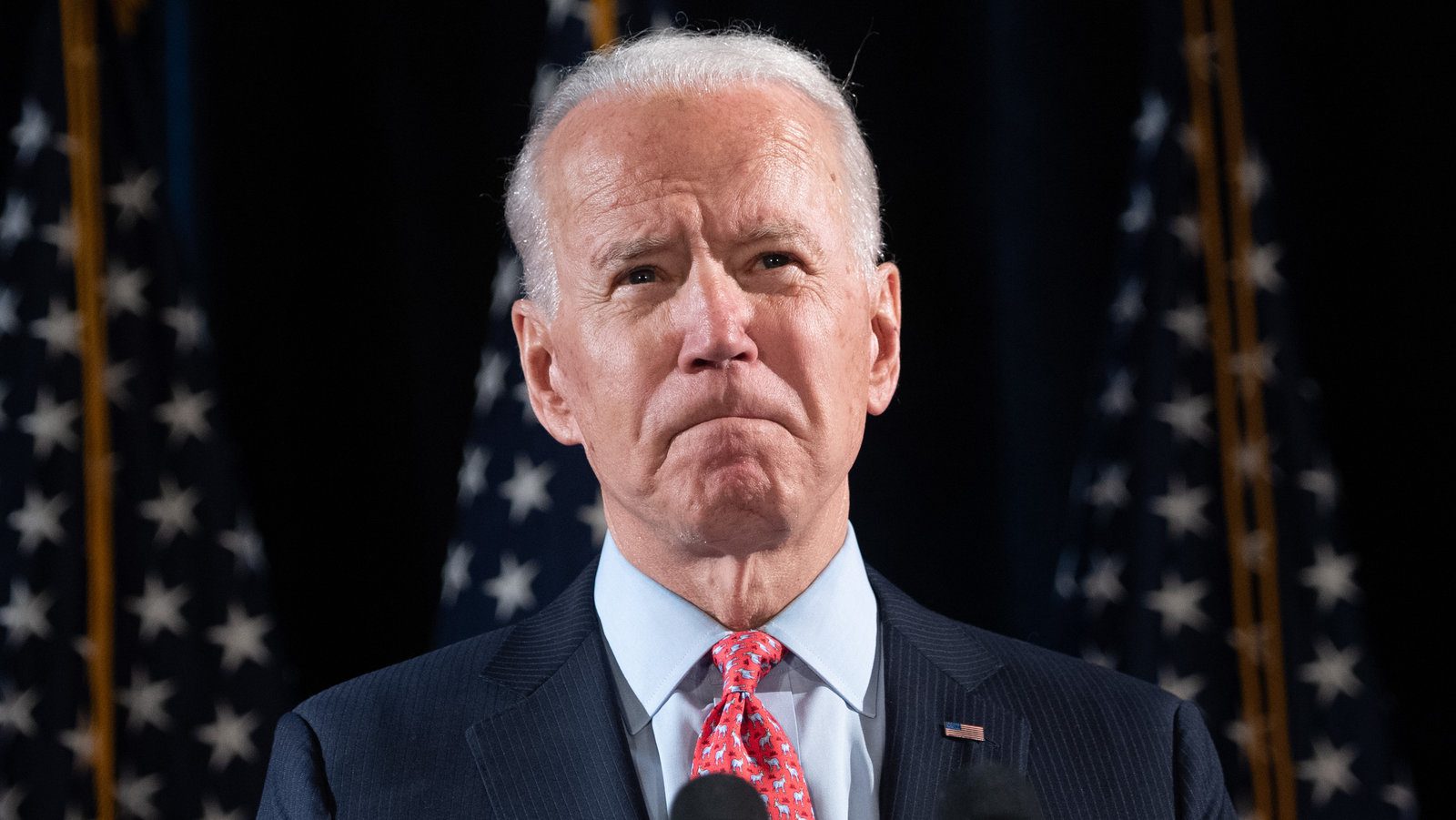For personal and political reasons, I strongly supported Joe Biden for president. He never wavered on climate change, women’s rights, immigration or other issues I care about.
Perhaps most compelling, though, was his passion for fighting cancer. Biden pledged, “I promise you, if I’m elected president … we’re going to cure cancer.” He dedicated much of his career to this cause after the disease took his son Beau. He founded the Biden Cancer Initiative and spearheaded the cancer moonshot program as vice president.
I lead a biotechnology company, Nkarta Therapeutics, where researchers are developing a new cell therapy to attack cancer. My colleagues and I saw Biden as a kindred spirit, committed to eradicating one of our biggest killers.
But these days, I’m chagrined by White House policy on this score. Congress is poised to pass provisions in Biden’s Build Back Better Act that would destroy the president’s inspiring cancer agenda. Drug-pricing measures in the Build Back Better plan might score the president some political points, but they would do so at the expense of life-saving innovation.
The president’s goal — lowering healthcare costs — is the right one. But the Democratic plan will only backfire on patients and the healthcare system.
The proposal would allow Medicare to begin setting drug prices in 2025, beginning with 10 drugs annually but rising to nearly 100 drugs by the end of the decade.
If a drug company refuses to accept the government’s terms, it would face a tax of 95% on gross sales of their medication.
So while the effort is being branded as “negotiations,” it’s anything but. The government would pick its price — and extend an offer that drugmakers couldn’t refuse.
This proposal threatens the innovation ecosystem we have today. Private investors fund new ideas in the hopes that some will turn into world-changing treatments — and financial successes. But a government price-fixing scheme would preclude earning much of a return on these investments. That would make it all but impossible for companies to raise funds for high-risk ventures — like vaccines for pandemics or cures for cancer.
My own start-up might never have gotten off the ground under the kind of pricing scheme proposed in the Democratic legislation. Nor could many small companies continue their own moonshot-style projects.
There are alternate reforms that would save patients money without driving biopharmaceutical companies out of business.
For example, Congress should consider more strongly regulating Pharmacy Benefit Managers. These middlemen negotiate drug discounts for insurance providers, but consumers seldom see direct savings as a result.
Likewise, many insurance companies refuse to let patients count drug-company rebates towards their deductibles. Consequently, insurers essentially get paid twice, while patients are left with high out-of-pocket costs.
The Democratic bill thankfully includes a cap on patients’ out-of-pocket costs. But that cap won’t go far to help patients if other parts of the bill undermine drug innovation.
I still support President Biden in his fight against cancer and much else.
But he should trust the innovation ecosystem that has saved the lives of millions of patients. I urge him to reevaluate proposals which, instead of yielding moonshot cures, would cause those therapies to fizzle on the launchpad, leaving patients without hope or better options for the future.
Paul Hastings is CEO of Nkarta Therapeutics in San Francisco and chairman of the Biotechnology Innovation Organization. This piece originally ran in the East Bay Times.






